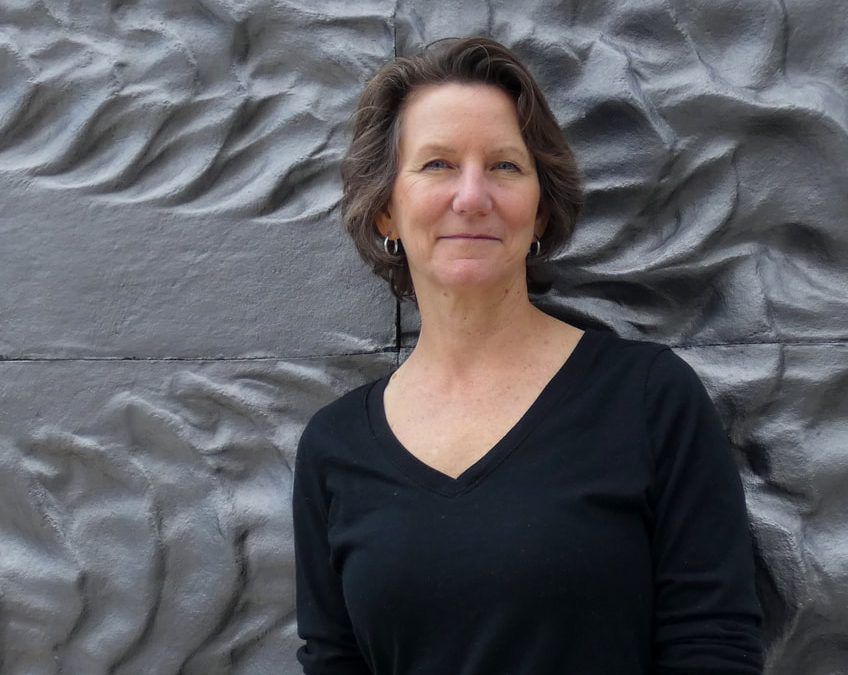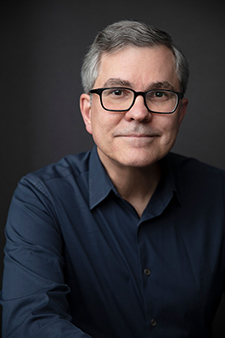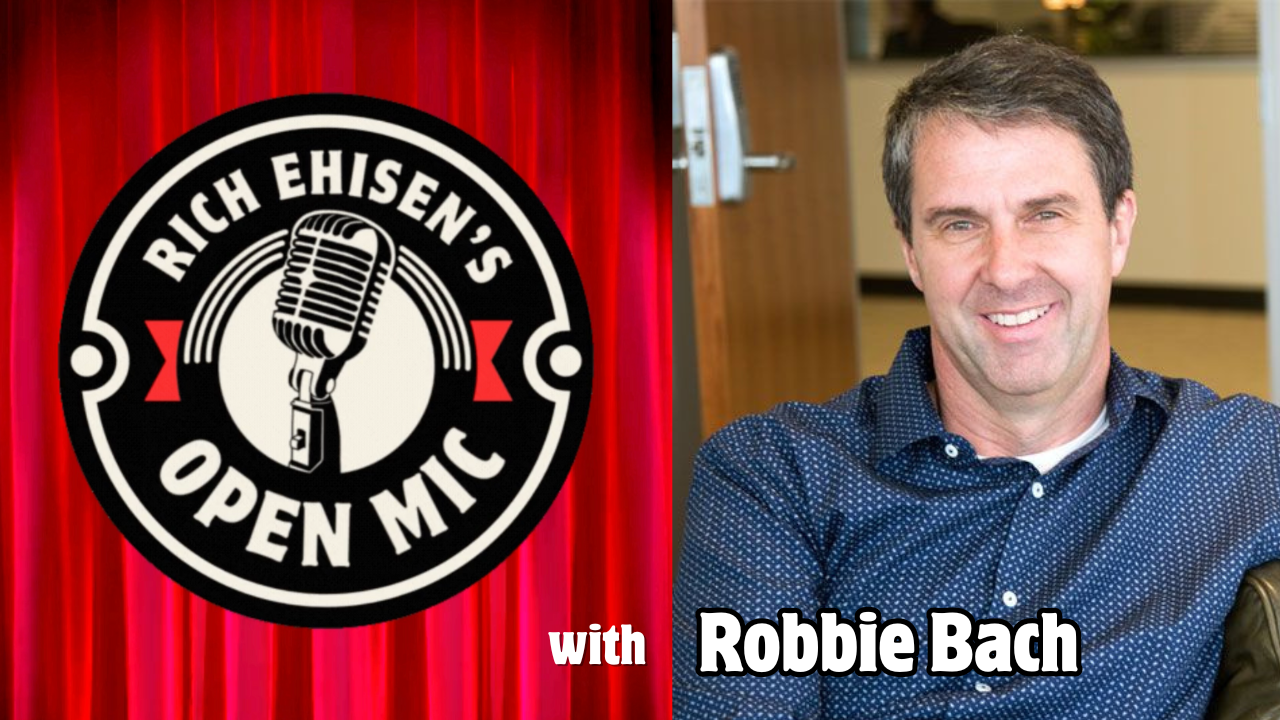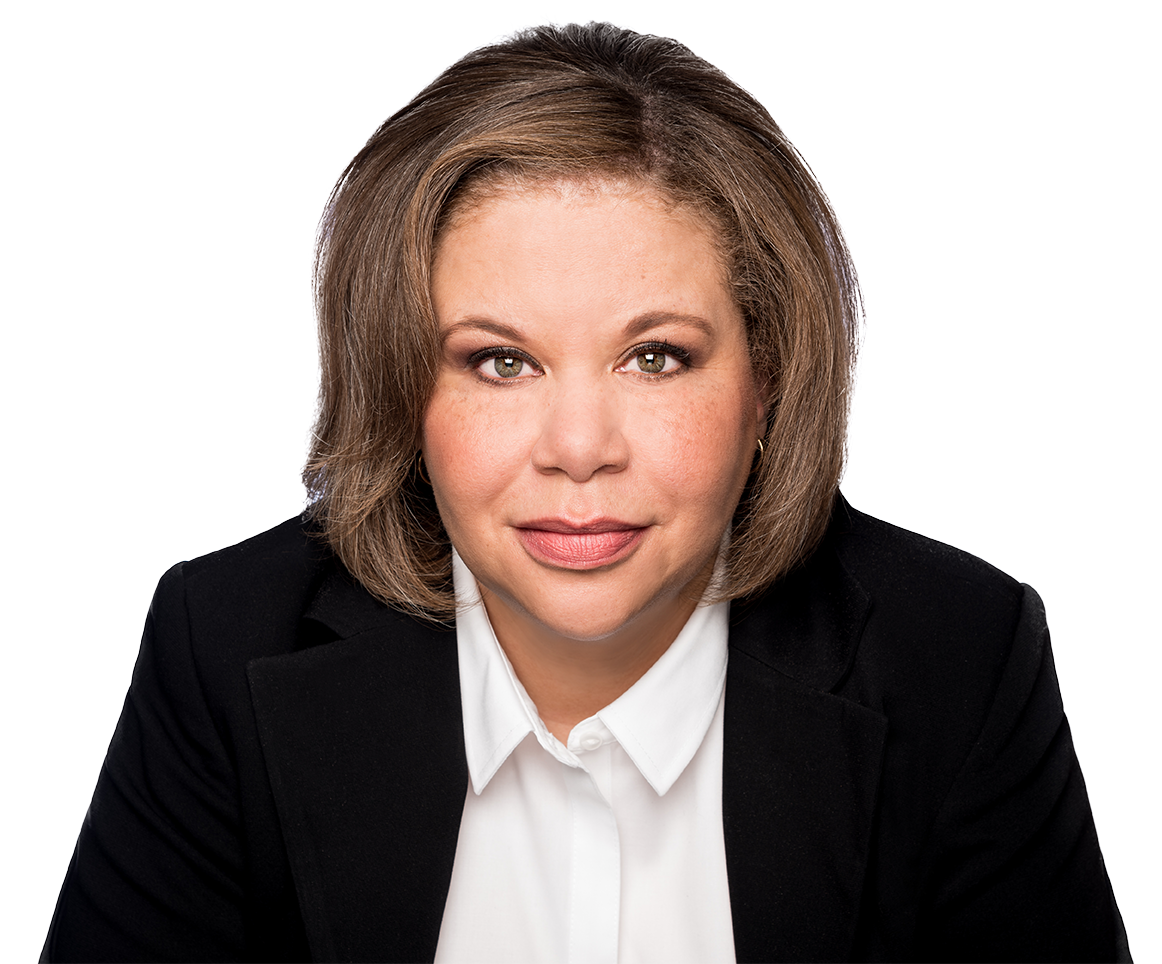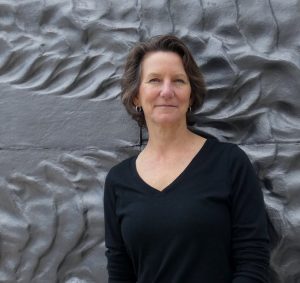 From navigating treacherous river rapids to the labyrinth of Corporate America, thriller author Avanti Centrae thrives on pushing things to the edge. That thrill-a-minute spirit is the heart and soul of her debut novel, The Lost Power. I recently sat down with the former white water river guide and Silicon Valley IT executive to talk about the book, how she found her voice as a writer and the need to follow your own instincts rather than popular opinion.
From navigating treacherous river rapids to the labyrinth of Corporate America, thriller author Avanti Centrae thrives on pushing things to the edge. That thrill-a-minute spirit is the heart and soul of her debut novel, The Lost Power. I recently sat down with the former white water river guide and Silicon Valley IT executive to talk about the book, how she found her voice as a writer and the need to follow your own instincts rather than popular opinion.
OM: I love one of the descriptions of The Lost Power – The Da Vinci Code meets Tomb Raider. With that in mind, tell me a bit about the book.
Centrae: It’s the first of an international thriller series featuring VanOps, an ultra-black covert agency deep in the heart of the CIA, with a mission to stop extreme threats. VanOps came about as an outgrowth of the psychic spy work the CIA truly did back in the 70’s, though VanOps is, of course, a fictional organization. The Lost Power is an origin story about the primary characters in the series. One of the things that captivated me, as I was thinking about the story, was what it would take to get somebody drawn into a covert agency. People aren’t just born spies, so how would that happen and specifically, how would someone learn to kill? My protagonist, Maddy Marshall, is someone who is into aikido, which is a nonviolent martial art, but she reminds me of Laura Croft from Tomb Raider. Similar to The Da Vinci Code, Maddy must follow arcane clues to save the day.
OM: How long did it take you from concept to finish on this?
Centrae: I’ve wanted to be an author since I was really, really small. I put writing on hold in my 20’s because I just didn’t feel like I had enough to say. When I hit 50, after years of playing with poetry, writing a dead end screen play, and studying a lot of different parts of the craft, I decided that it was now or never. I sat down and tried to figure out what kind of genre I wanted to write in. I enjoy a number of different types of books but really love action and adventure, so I narrowed it down to thrillers. I’m a big outliner, and it took me about a year to outline the story. I got some feedback at the outline stage because I wanted to do any significant rewrites at that level. I was working full time and it took another year to write the novel. Then there were years of finding an agent and publisher. We just wrapped up final edits a month before the book was released. It seemed like the editing would never end, but start to finish it took about five years.
 OM: I want to ask a few style questions. You open with a prologue. I see so many opinions tossed around on whether to use one. Some agents and editors loathe them, others love them. Why did you decide to go this route?
OM: I want to ask a few style questions. You open with a prologue. I see so many opinions tossed around on whether to use one. Some agents and editors loathe them, others love them. Why did you decide to go this route?
Centrae: I went back and forth on that prologue. The second book’s original prologue is now in the redacted scenes file. The reason I decided to keep the prologue in the first book is because the weapon that our protagonists are trying to find has a scientific basis, but is unusual: it throws ball lightning. That type of lightning is a true phenomenon but scientists don’t know a whole lot about it. I figured most readers wouldn’t know much about it either, so I wanted to illustrate a battle using ball lightning to add some credibility to the story. I also wanted to provide readers with information about Ramiro, the first king of Aragon. Ramiro sets up the quest that Maddy and her twin brother, Will, go on to find the arcane weapon. After going around a few times, I decided the prologue added to the story and to the reader experience.
OM: Your chapters are all short and fast paced, which is a great tension-building device. Was that the style from the beginning, or did you come to that as you went along?
Centrae: It’s always been that way. I’m a fast-paced person and my writing style reflects my personality. I had the story outlined with the things that needed to happen in each chapter, and by the time I got to writing it, it was almost a just-add-water recipe where I only stirred in description and dialogue. But I never really knew how long a chapter would end up. I like switching it up between points of view, and it just evolved to where the chapters ended up being as long as they need to be.
OM: You also use multiple points of view. A lot of agents discourage new authors from doing this. Did you ever consider staying inside just one head?
Centrae: I thought about it for about half a second. My favorite books all have multiple points of view. Look at Robert Jordan’s, 13-book Wheel of Time series. It has so many points of view that my head was spinning by the end. I think he went a little bit overboard on that. But I loved the bulk of the series and his six main protagonists, and I felt like I got to know them because I understood their perspective. With thrillers, James Rollins does a wonderful job moving the point of view between characters. In The Lost Power, I wanted to have the primary point of view be Maddy’s, but I didn’t want it to be just a book about a woman, so I added perspectives from her twin brother, Will, and Bear, the marine who has always wanted to be a covert agent, to balance it out. I think it’s interesting who we end up resonating with as booklovers, so I wanted to provide readers with an opportunity to connect with a variety of characters.
OM: You’ve done a lot of traveling in your life. How has that influenced your writing?
Centrae: I have done a lot of traveling, and it has been a huge influence on my writing. The time that I spent tromping around Europe and Central America with just a backpack on my shoulders gives me the background to do online research in a way that pulls out the most unique aspects of a place. It allows me to interview people who have been to a location that I haven’t been to, and to know how to find interesting details. For instance, in the second book, the VanOps team has adventures in Turkey. I met someone at a party who had just returned from there, and with a couple of questions I was able to pick out some exceptional details from his visit, like that they serve olives with every meal. That’s something you can’t get from ordinary online research. My experience traveling around the world let me narrow in, and include that detail in the book.
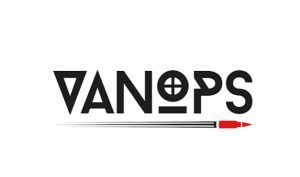 OM: The Lost Power features a very strong female lead. It seems like the industry is warming up to strong female characters written by female authors, but it also seems there is still a way to go to reach equilibrium with male characters and writers. What was your experience like in this regard?
OM: The Lost Power features a very strong female lead. It seems like the industry is warming up to strong female characters written by female authors, but it also seems there is still a way to go to reach equilibrium with male characters and writers. What was your experience like in this regard?
Centrae: That’s an interesting question. My agent acquired the book because she liked the strong female lead. She saw the trend coming two years ago, and it’s a big part of why she decided to represent the story. I think it’s encouraging to see David Baldacci and others including strong female leads. A lot of those protagonists are FBI agents and cops, and I think mine is one of the few international thrillers that I’ve seen with a bad-ass female; there’s probably others out there that I just haven’t come across yet, but it’s fun to be on the cutting edge of a trend.
OM: Have you always been an outliner or is that something that you had to learn to do?
Centrae: It’s always been my modus operandi, even when I was in school writing a term paper or designing software. My brain just works in structures like that. Interestingly enough, I’m more left brained and I have to work to get my creative juices engaged. I’ve found some things that help me get into more of a visualization kind of space, tools I use when I’m stuck. I’ll take a nap, or a shower, or I’ll meditate, or go for a walk. All of those things help to get me into that creative mindset.
OM: Which writers have most greatly influenced your own writing?
Centrae: I already mentioned James Rollins, and I really like Clive Cussler, Dan Brown, and Carlos Ruiz Zafón. Zafon wrote a four-book series called The Cemetery of Forgotten Books, and he has an amazing talent for creating atmosphere. I learn from all of my favorite authors. P.D. James was a literary mystery author. I read Agatha Christie as a teen, and when I was really young, Tolkien and The Chronicles of Narnia were big influences. My tastes run the gambit of fantasy, mystery, and now I enjoy all kinds of thriller authors.
OM: Along those lines, did you ever struggle to find your own voice as a writer? How did you develop that voice?
Centrae: The voice thing is interesting. I think it’s one of those talents that come from the practice of putting words on the page. To work on making my voice stand out, I add “pearls.” In each chapter, I like to insert a turn of phrase, or catch the reader off guard with wording that’s just a little more descriptive than the rest of the story. Most of my writing is fast-paced, edge-of-the-seat action. For me, voice is adding a thin layer of those pearls and describing something in a way that’s unique to how I see the world.
OM: As with most thrillers, you use the changing settings almost like an additional character. Have you been all of the places you write about?
Centrae: I’ve been to a fair number of places in this story, and thank you for acknowledging that they’re another character, because in my mind they are, too. One of the things I’ve always loved about traveling is the sense of what makes a place unique and different. You and I both live in Northern California, and the air here feels a little bit unlike the rest of the States, right? It’s thinner here than when you go to the coast, where you find heavier salt air. Even plants have a unique smell from place to place. When I research a setting that I haven’t been to, the easiest parts are the visuals. The harder parts are the sounds and the smells.
OM: All but a very few previously successful authors these days have to handle the bulk of their own marketing. I see you work with a PR pro. How did you go about choosing the person you are working with? What advice would you give other authors in this regard?
Centrae: Just to step back a little bit, I feel like as an author, you need not only marketing and PR professionals, but depending on your publisher, you may need other people, too. Perhaps multiple editors, because I learned that not one editor can find all the issues with a manuscript. You really need a team. When I’m seeking a new member of my squad, I go through the same process, which begins by researching options online. What experience do they have? How much it’s going to cost? I like to talk with the person who’s going to be handling my account and see if we get along, and if we have the same vision for my success, and then go from there.
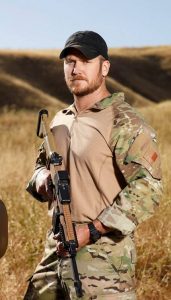 OM: I like to end on a fun question. Let’s say I can put you together for dinner and a great conversation with just one of the following three people. Who would you choose, and why? Your options are: late U.S. Navy Seal sniper Chris Kyle, aikido founder Morihei Ueshiba, or Georgie White, the first female river guide to row the Grand Canyon.
OM: I like to end on a fun question. Let’s say I can put you together for dinner and a great conversation with just one of the following three people. Who would you choose, and why? Your options are: late U.S. Navy Seal sniper Chris Kyle, aikido founder Morihei Ueshiba, or Georgie White, the first female river guide to row the Grand Canyon.
Centrae: That’s tricky, I have spent some time white water rafting and it would be really neat to chat with the founder of aikido, but my answer would be Chris Kyle. The one gap I have in writing thrillers is knowing what it’s like to be a covert agent. Even though I have dreams and nightmares all the time about being in dangerous situations, I don’t know exactly what it’s like to be a Navy Seal. Fortunately, I’ve found a few beta readers who have military experience, and help keep me honest, but it would be fantastic to have dinner with Chris Kyle. If any other Navy Seals read this and would like to reach out and have a conversation, I would love that!

